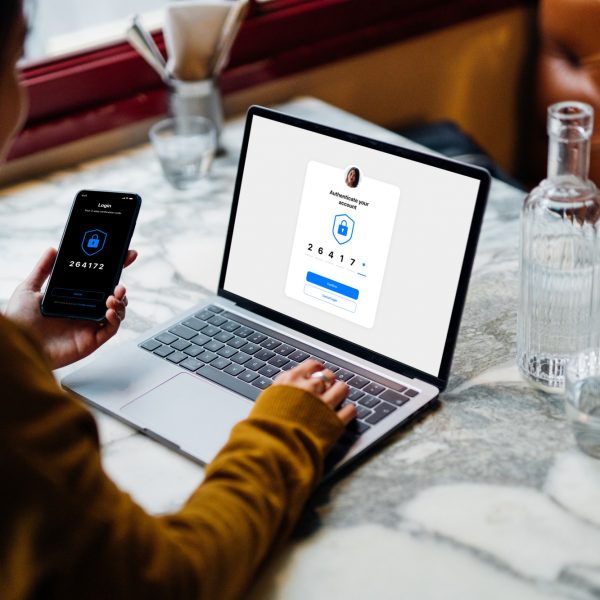You may have heard that some UPI transactions will be chargeable from April 1, 2023. In this blog, we will uncover everything you need to know about the latest NPCI circular regarding interchange fees applicable to certain UPI transactions.
What is the NPCI circular on UPI interchange fees about?
The National Payments Corporation of India (NPCI) announced that up to a 1.1% interchange fee will apply to Unified Payments Interface (UPI) transactions made using prepaid payment instruments (PPIs) like smart cards, vouchers, and wallets. This applies to prepaid transactions via UPI above Rs. 2000 made to merchants of all categories. However, the decision mainly affects medium- and large-category merchants accepting high-value transactions.
The interchange fee varies from 0.5-1.1% depending on merchant categories. Categories such as agriculture, education, fuel, and utilities will attract a 0.5% interchange fee. And categories such as specialty retail and convenience stores will attract a 1.1% interchange fee.
What is an interchange fee?
An interchange fee is a fee merchants have to pay when a consumer transacts with them using a digital payment mode. It is similar to merchant discount rates that apply to credit card transactions.
Whom does it affect?
Typically, the interchange fee is borne by the merchant. Suppose a consumer purchases an item worth over Rs 2000 from you using a digital wallet via UPI. You will have to pay an interchange fee to the payment service provider for this transaction.
| Transaction type | Interchange fee | Example |
| PPI transactions via UPI to Merchant’s UPI | Below 2k – None Above Rs 2k – Up to 1.1% | Consumer pays merchant for a purchase worth >Rs 2k using Paytm wallet via UPI |
| Peer to peer | None | Consumer sends another consumer money via UPI |
| Peer to merchant | None | Consumer pays merchant for a purchase of any amount via UPI |
| Bank to peer/merchant’s bank | None | Consumer transfers funds from a bank account to a peer/merchant’s bank account via UPI |
Consumers will only be affected if a merchant or PPI decides to pass on the extra cost to them.
Will recharging digital wallets come at a cost?
PPI issuers will have to pay 15 basis points to the remitter bank for wallet-loading amounts over Rs 2000. Consumers and merchants using digital wallets via UPI will not have to bear this cost yet. If payment providers decide to pass on this cost to users, recharging wallets will become chargeable.
How does this help payment service providers?
Usually, UPI transactions bring no to very low revenues. The decision to make certain UPI transactions chargeable will give a much-needed impetus to payment service providers in the form of additional revenue.
We are keeping an eye on how the decision to make certain UPI transactions chargeable. Watch this space for more updates.






